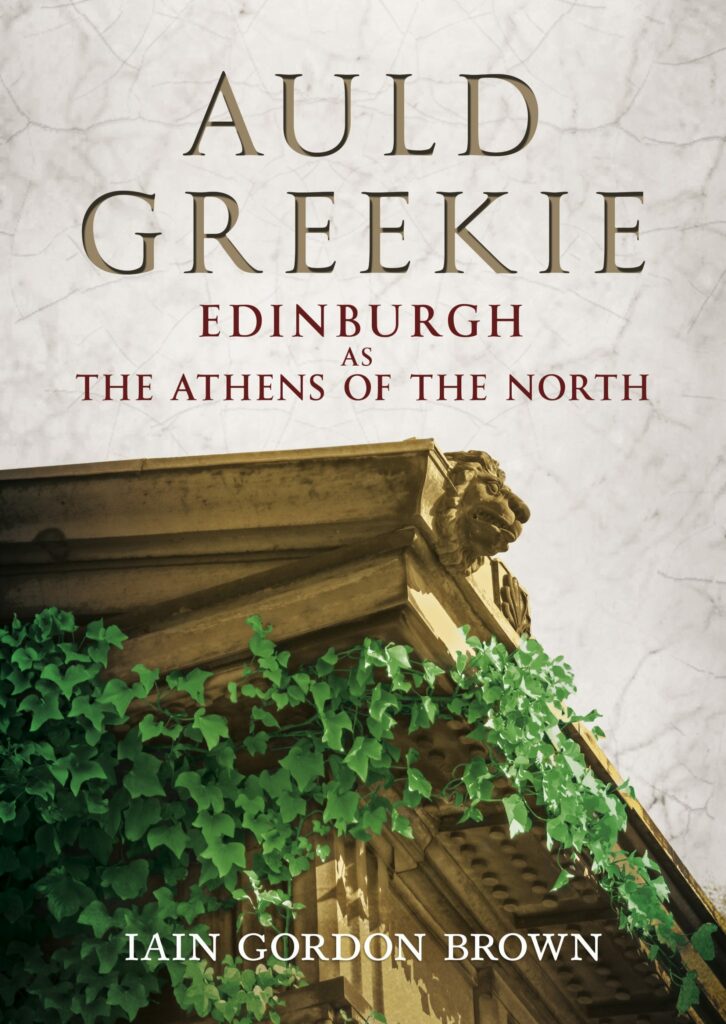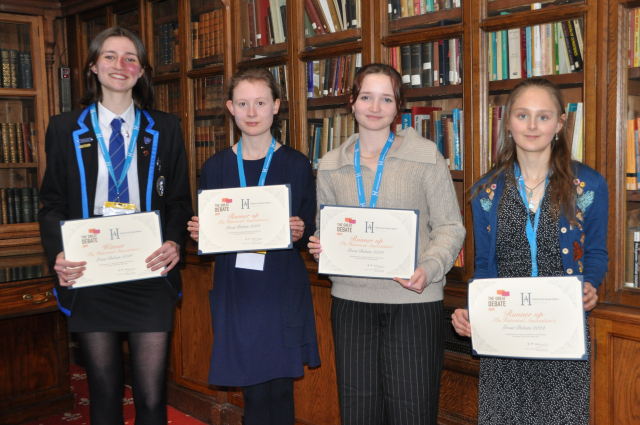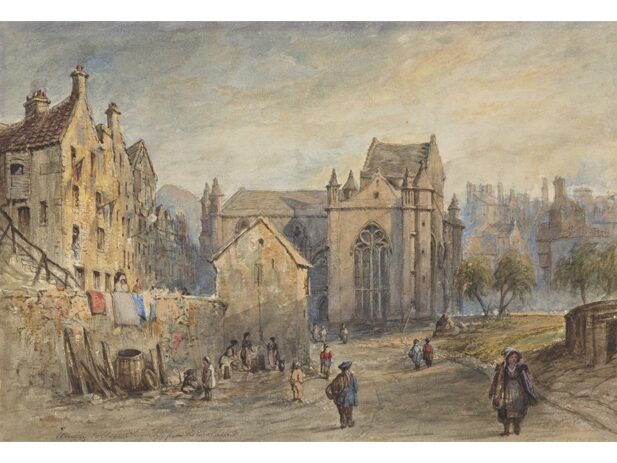
Around the turn of the 18th and 19th centuries, and particularly in the years between about 1810 and 1840, Edinburgh – long and affectionately known as ‘Auld Reekie’ – came to think of itself and to be widely regarded as something else. The city became ‘Modern Athens’, an epithet later turned into ‘the Athens of the North’.
This latter phrase is very well-known. It is also much used by those who have little understanding of the often confused and contradictory messages hidden within the apparent convenience of a trite or hackneyed term, one concealing many nuanced meanings.
Iain Gordon Brown, one of our Honorary Vice-Presidents and Past President of the Old Edinburgh Club, is author of a new book, ‘Auld Greekie: Edinburgh as the Athens of the North’ (pictured left).
This examines the circumstances underlying this remarkable change in perception of a place and an age. It looks in detail at the ‘when’, the ‘why’, the ‘by whom’, the ‘how’ and the ‘with what consequences’ – for good or ill – of this most interesting and complex metamorphosis of one modern, northern city into an image – whether physical, or spiritual or both – of another, ancient city remote in time and location. Dr Brown draws upon a very broad range of evidence. The story has its topographical, artistic and architectural dimensions, but also its social, cerebral and philosophical ones.
Many Edinburgh citizens thought and spoke of themselves as ‘Modern Athenians’. In doing so, they laid themselves open to much ridicule, ranging from benign satire to downright hostility and astonishing vituperation. The mockery to which the ‘Modern Athenians’ were subject is investigated. This is matched by a study of the opposition to the notion of a ‘Greek’ Edinburgh – both in terms of civic consciousness, and in the physical expression of that ideal (to many perceived as alien and un-Scottish) through the elegant and scholarly Greek Revival style of architecture and design.
Edinburgh of the late Enlightenment may well have been thought of, for one reason or another, as ‘Athenian.’ But, in essence, it remained what it had always been. Maybe, however, for a brief period it was really a sort of hybrid city: ‘Auld Greekie.’
Biographical note

Dr Ian Gordon Brown (pictured right) was Principal Curator of Manuscripts in the National Library of Scotland, where he is now an Honorary Fellow. His academic career began as a student of ancient history and classical archaeology, at both the Universities of Edinburgh and Cambridge. In addition to his involvement in the Old Edinburgh Club, Iain has been President of the Sir Walter Scott Club and a Trustee of Edinburgh World Heritage.
He is currently an Associate of the Centre for the History of the Book in the University of Edinburgh, a Vice-President of the Edinburgh Decorative and Fine Arts Society, and a Curatorial Expert Advisor to the Abbotsford Trust. In 2014 he was appointed Consultant to the Robert and James Adam Drawings Cataloguing Project at Sir John Soane’s Museum, London.
Iain has written extensively on a broad range of subjects connected with the Enlightenment, especially on the literature, art and architecture of Scotland. Another recent book is Frolics in the Face of Europe (on Sir Walter Scott, Continental travel and the tradition of the Grand Tour), published by Fonthill in 2020. Auld Greekie brings together many of Iain’s long-standing interests and builds on a lifetime’s study of place and period.
How to obtain a copy
‘Auld Reekie’ is priced £30 or $45 and is available online. Hardback, 320 pages; additional plate section with 119 illustrations, grouped thematically and supported by substantial commentaries. Published in the UK and the USA, 31 October 2022. ISBN 978-1-78155-892-8




